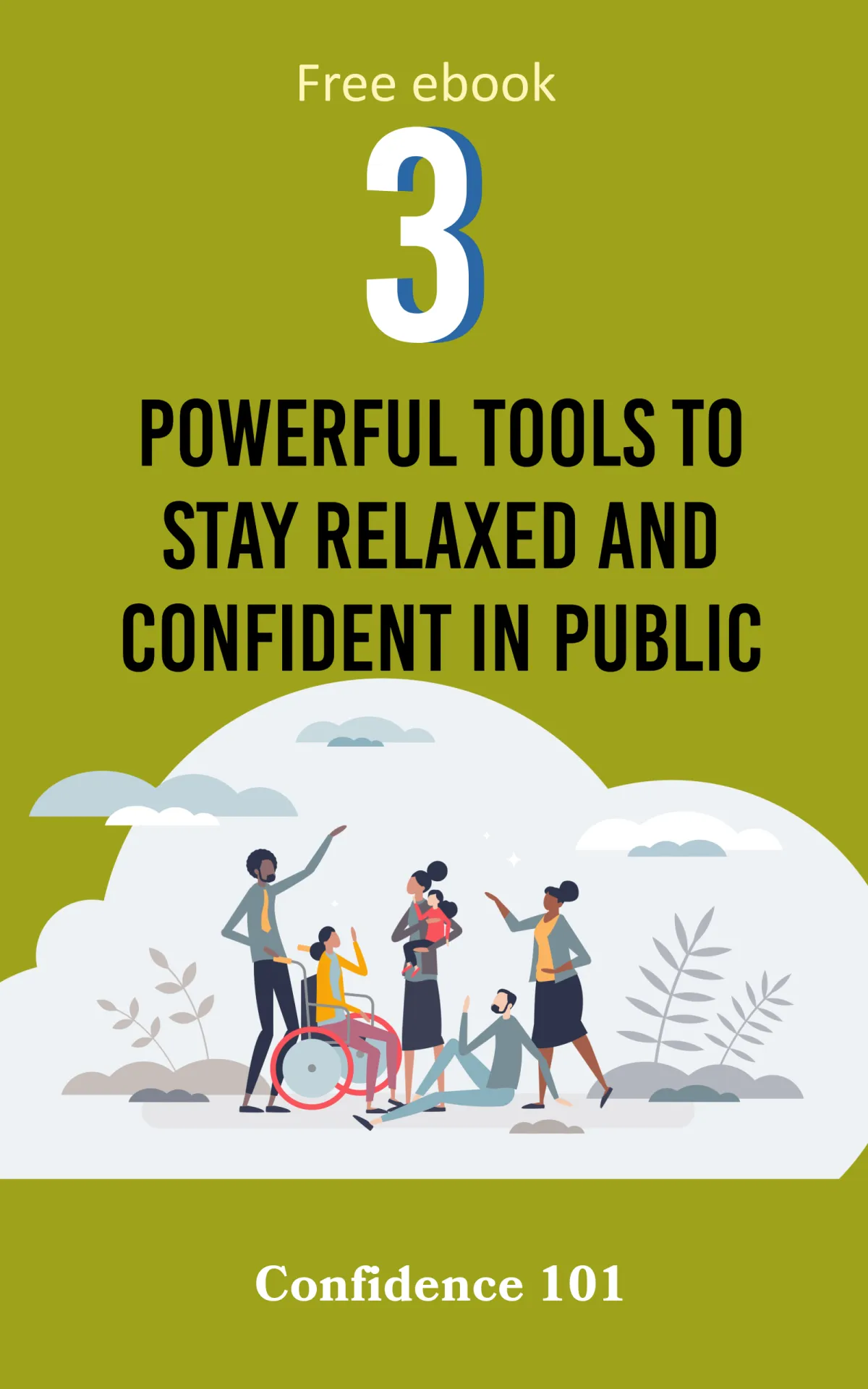Hello, I’m Peroz — your Habit Coach and the founder of Confidence 101.
I help immigrant men build confidence by reshaping habits, healing emotional patterns, and reclaiming inner stability.
This session is for adults who are ready to take responsibility for their inner life.
Private. Confidential. Human.
I help immigrant men heal emotional trauma formed through years of displacement, pressure, and unhealed emotional pain.
Every real change begins with the right questions — and at least one person willing to ask them. That’s where I come in as a coach. I know what it’s like to feel stuck, anxious, or lost. After decades of social anxiety, lack of direction, and studying over 50+ books and programs on personal growth, I now help others transform their lives in ways that are practical, powerful, and lasting.
Anxiety, procrastination, people-pleasing, smoking, or feeling disconnected aren’t personal failures—they’re survival patterns. When the emotional root heals, these patterns naturally loosen their grip.
Through many tools, I learned how to release stored emotional pain and think clearly again. Each session felt like removing one layer at a time. Over the years, I didn’t just feel better—I felt alive.
If you’re willing to do the work, I’ll support you with clarity, patience, and respect. This journey matters, and I don’t take it lightly.
My Journey
I was born in Afghanistan during the war, a country deeply affected by conflict. My family moved to countries, then returned to Afghanistan, and I later studied in another country for years for my undergraduate degree. Shortly after returning home, the Taliban took over. Women and girls were no longer allowed to study — a painful reversal after years of progress. This experience, along with the challenges of moving between countries, shaped my understanding of resilience, determination, and what I call the “Immigrant Mentality.”
The Immigrant Mentality is about cultivating the drive, passion, and self-belief of someone who has had to leave, adapt, and create a life from scratch. It’s about using that energy to serve, help, and grow — to become unstoppable despite the odds.
A Safe, Honest, and Empowering Space
Clarity. Honesty. Safety. That’s what guides every session. Your free sessions are private — nothing will be recorded unless you request it. You are free to ask anything and be yourself. Imagine being face to face with a real human — someone who’s lived it, learned it, and is here to guide you without judgment.
And as you grow, you also help me grow. By asking me the hardest questions, you challenge yourself and allow me to become a better coach — so I can serve future clients even more effectively. We are all immigrants, after all.
I help men with Breaking Habits from Smoking to Procrastination to
I know what it’s like to be caught in habits — I smoked for 7 years. I knew I could quit but stayed stuck for a while; it became automatic. The good news? You can change. You can quit tobacco in 3 sessions guaranteed, if you follow the steps I provide. This method works for any habit you want to break.
It’s simple, powerful, and effective. Maybe you want to smoke occasionally or drink — that’s okay. But doing the habit every day isn’t serving you. Even reducing it to 3 days, or 1 day, is already a huge step forward. With the right guidance and awareness, you can reclaim your freedom, health, and confidence.
Why Work With Me
I combine lived experience with decades of study, practical tools, and a safe, human approach. Whether your challenges are:
Social anxiety as an immigrant
Lack of direction or clarity in life
Difficulty breaking habits like smoking or drinking
Finding your drive, passion, and self-belief
…or simply wanting to grow into a more confident, aware, and joyful version of yourself — I can guide you.
Thank you in advance, and I wish you a powerful, joyous, and peaceful life. Know that there is hope. There’s life. You can feel anything, be anything, and take back control of your habits.
Book Your Free Session Call
This session is for every race, every adult human who resonates with my story, my formula, and my tools. Whether you want to build confidence, overcome social anxiety, break habits like smoking, or unlock your immigrant mentality, this call will give you clarity, guidance, and actionable steps to move forward.
I’ll work with you personally, in a safe and honest space, to help you feel seen, supported, and capable. Imagine being face to face with a real human — someone who’s lived it, learned it, and is here to guide you.
TransFOrm your habits, transform your life.
Questions?
FAQS

